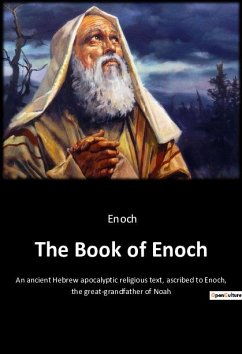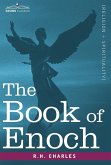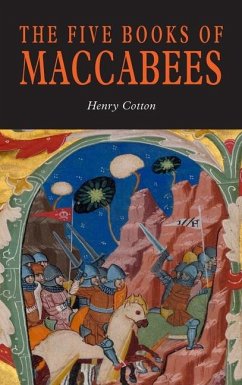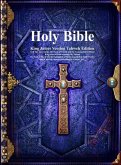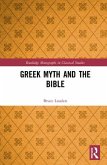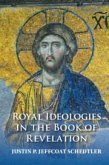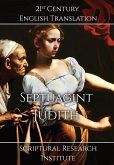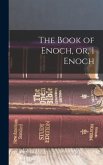The Book of Enoch is an ancient religious text, traditionally ascribed to the Judeo-Christian prophet Enoch, the ancestor of the biblical figure, Noah. Some scholars estimate that some parts of the book vary widely in age from several hundred years before Christ to the last parts in the century before the birth of Jesus. This text is widely considered non-canonical although it is accepted that it is a genuine attempt to record information as best the authors were able in the pre-Christian era. In the text, Enoch is a figure who receives direct personal revelation from God. He sees the magnificence of God and begins to preach to those around him against sin. He warns that the sinners will be winnowed and that God himself will appear on Mount Sinai to judge the humans as well as the fallen angels on Earth. Among the more controversial material within this text is the detailed account it gives of fallen angels on earth and their cursed offspring, the Nephilim. Azazel features heavily as the instigator of metal weapon production, the use of cosmetics and advocate of widespread promiscuity and fornication. In this book, the figure of Enoch is charged with the knowledge of God¿s chosen and brutal punishment for the Nephilim, their human mothers and their Angel fathers. August Dillman¿s translation from the Ethiopian is part of his extensive work translating biblical era manuscripts and this particular version is augmented with his observations, Latin excerpts and a stunning foreword by R. H. Charles. One of the most important apocryphic works of the Second Temple Period is Enoch. According to the biblical narrative (Genesis 5:21-24), Enoch lived only 365 years (far less than the other patriarchs in the period before the Flood). Enoch "walked with God; then he was no more for God took him." The original language of most of this work was, in all likelihood, Aramaic (an early Semitic language). Although the original version was lost in antiquity, portions of a Greek translation were discovered in Egypt and quotations were known from the Church Fathers. The discovery of the texts from Qumran Cave 4 has finally provided parts of the Aramaic original. In the fragment exhibited here, humankind is called on to observe how unchanging nature follows God's will. The Book of Enoch is a pseudoepigraphal work (a work that claims to be by a biblical character). The Book of Enoch was not included in either the Hebrew or most Christian biblical canons, but could have been considered a sacred text by the sectarians. The original Aramaic version was lost until the Dead Sea fragments were discovered.
Hinweis: Dieser Artikel kann nur an eine deutsche Lieferadresse ausgeliefert werden.
Hinweis: Dieser Artikel kann nur an eine deutsche Lieferadresse ausgeliefert werden.

